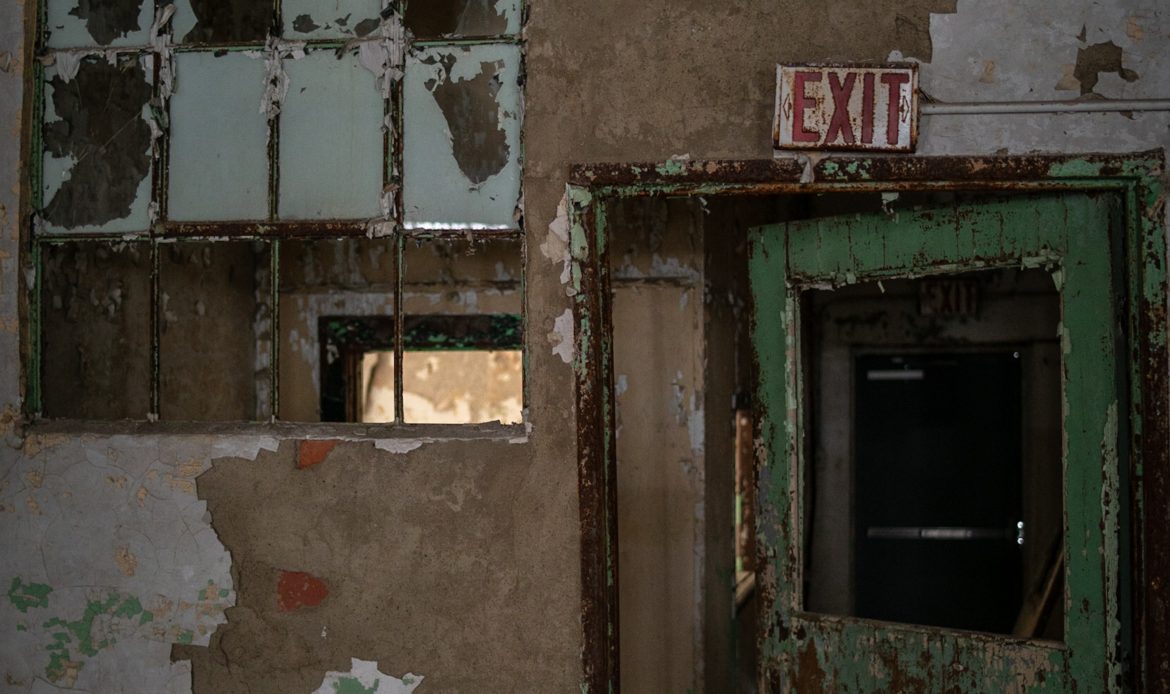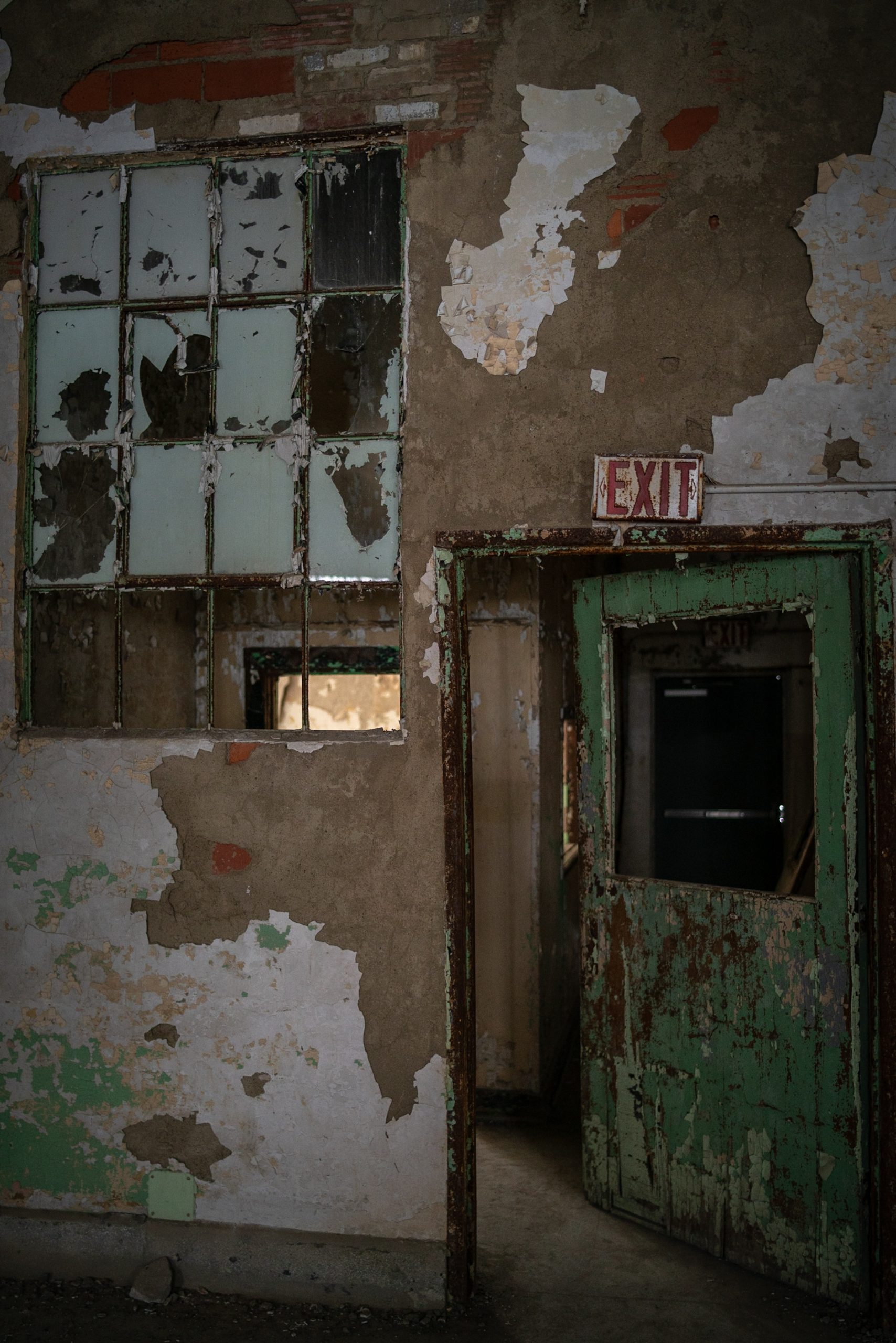The Comforts Of Prophecy: Why We Find Ease In The End Of The World

Fatal disease outbreaks, invasions of otherworldly beings, and catastrophic asteroids are all unimaginably devastating. So why exactly are we so interested in the idea of the end of the world? Through countless doomsday predictions, post-apocalyptic movies, and the mere idea that we live on a floating rock, people find a sense of comfort in not being able to outrun the end.
Lifting the Burden of Individual Responsibility
We dedicate our entire lives to working. We invest hundreds of thousands of dollars into our education and spend decades training our bodies and minds to perform at maximum efficiency. Our entire existence is built on being in control, but a doomsday would dissolve that burden.
While that sense of control is liberating, the feeling also adds an immense pressure of individual responsibility. As complex creatures with complex goals, we have created a world with hierarchies wherein everyone has a place. These responsibilities range from pursuing a fulfilling career to changing lives and bettering the world. With every lecture attended, assignment turned in, and connection made, we—as university students—are creating and accomplishing these economic and social goals daily. Naturally, the pressure to fulfill these responsibilities is daunting, as we essentially compete for a place in society which, like our lifespans, is limited.
With the looming possibility of an apocalypse, these responsibilities get thrown out the window. Good grades and Instagram followers are pointless in a world where your only goal is to survive. An apocalypse would set our society back to a time when one’s individual responsibilities extended only as far as staying warm, nourished, and safe. Thus, comfort can be found in a natural end by lifting the burden of individual responsibility. With such an uncontrollable event, our priorities would shift, and the pressure of becoming a functioning member of society would dissipate.
Finding a Purpose
In keeping with the theme of responsibility, an apocalypse would also give people purpose. Instead of deciding what colour to paint your bedroom or whether to walk or take the bus, you would be put in a world where you were one decision away from death. By making these life or death decisions, each person exercises a unique role and plays an active part in restoring order in the world. A few common associations with the thought of an apocalypse include hideouts filled with non-perishable food, gas masks and protective clothing, and
eventually, self-sustaining technology and energy production. Every creative solution is rewarded with another day of life. Boy scout skills would finally come in handy.
Demonstrating the discovery of purpose is the 2021 film Don’t Look Up. The film follows the account of two astronomers who attempt to warn mankind of an incoming comet that would destroy Earth. While the original goal of the film was to shed light on the growing impact of climate change and the ignorance of major political figures, the same principles can be applied to any major issue. In a doomsday scenario, the two scientists use their acumen and expertise to attempt to save the world, bestowing upon them a newfound purpose.
Romanticizing the Post-Apocalypse
While the apocalypse is the keynote speaker of the new world, we must also consider highly romanticized post-apocalyptic settings. After humanity is wiped out, leaving just a few survivors if any, Earth may have a chance at returning to its natural state, which acts as the light at the end of the tunnel. We saw a reset happen during the first wave of COVID-19 in mid-2020. Fewer animals died at the hands of reckless drivers and fewer ships crowded the ocean’s surface. Many say nature hit the reset button, as flocks of flamingos were once again able to enjoy the Nartan Lagoon in Albania, and there was a 34% decrease in suspended pollution in Kerala’s Vembanad Lake. The restoration of our organic world resonates with many people, but is a process many attempt to achieve whereas a natural disaster that wipes out the problem would be much more efficient.
It’s a Scary World
The final reason for our odd sense of comfort in disaster is quite simple: life is scary. We know so little about the rock called Earth that we live on, and though we are constantly learning more, there will always be things we just cannot explain. Planning for an apocalypse is like writing tomorrow’s to-do list. Starting the day with an agenda provides guidance and direction, goals to accomplish, and a medium to keep thoughts organized.
In the same manner, doomsday prepping can make a person feel more prepared for the unknown. Preparation may provide some guidance on how to deal with a catastrophe, or may just occupy the mind for a bit longer. The end of the world is just another phenomenon that we believe in to create purpose in our long and mundane lives. With the possibility of a doomsday, nothing really matters—a cynical, yet strangely comforting, thought. The comedy/horror Youtube series Don’t Hug Me I’m Scared said it best: “the past is far behind us, the future doesn’t exist.”
References:
https://www.medicalnewstoday.com/articles/how-covid-19-has-changed-the-face-of-the-natur al-world#Wildlife-and-COVID-19:-The-bad
https://www.frontiersin.org/articles/10.3389/fpubh.2020.569353/full https://blogs.scientificamerican.com/observations/psychology-reveals-the-comforts-of-the-ap ocalypse/
